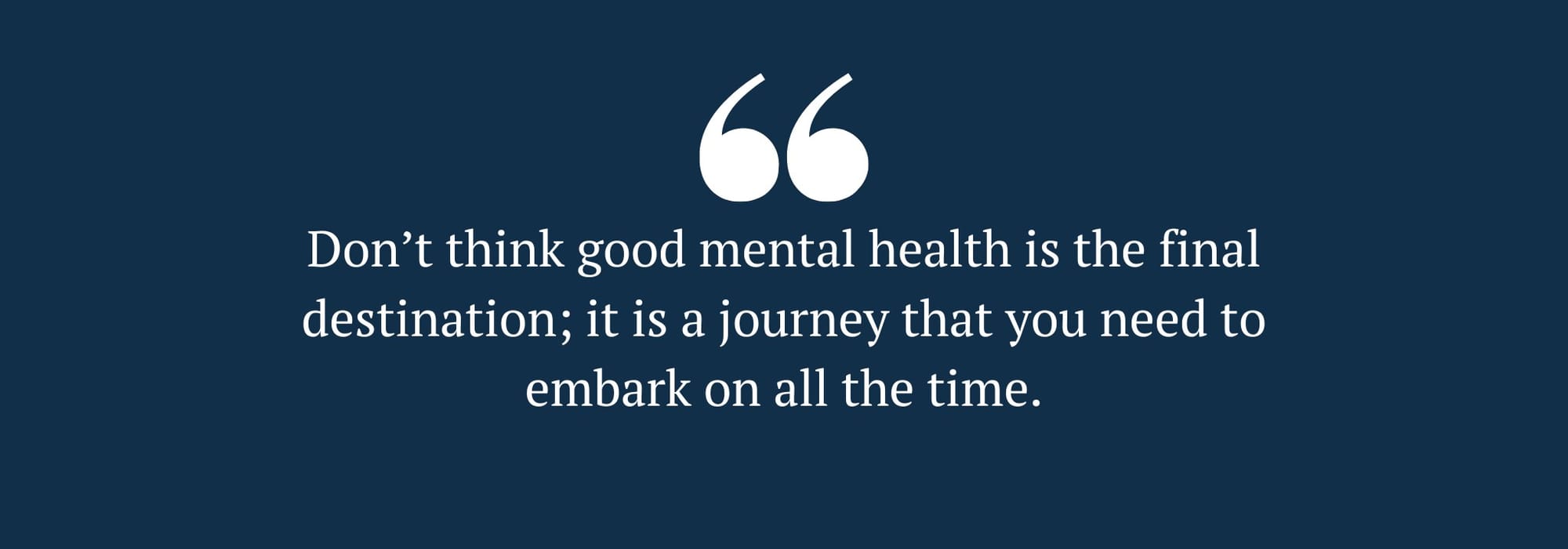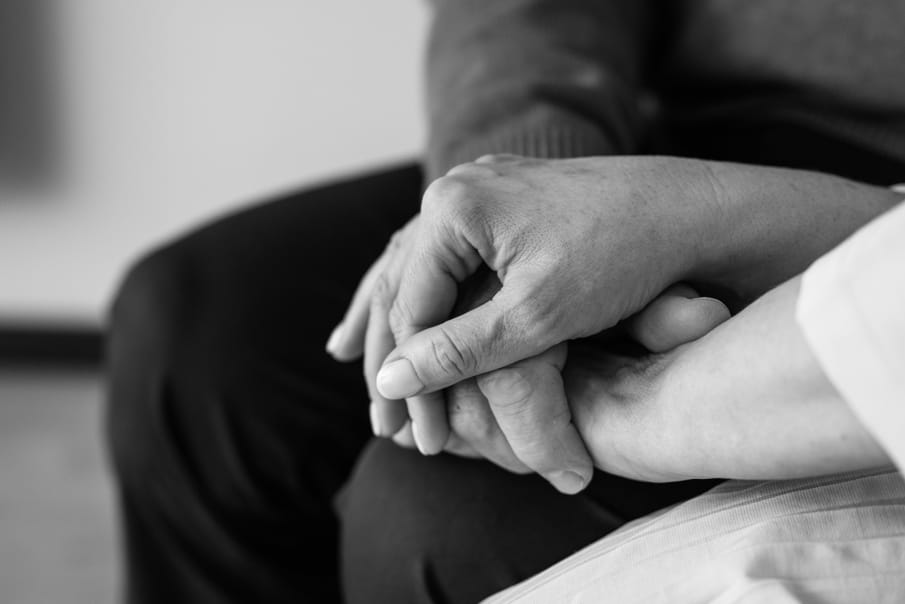When a loved one is diagnosed with cancer, the emotional impact is monumental. Here, counsellor Nadia Wyatt shares her story, and the things she learned along the way
We were on holiday in Spain, during Easter in 2014, and were returning back to the UK on Wednesday. My daughter had been complaining she was not well toward the end of our holiday, but we thought nothing of it other than maybe the late nights were too many for our five-year-old. On Thursday, we took her to school as normal. I went to work, to my clients, as normal. But by midday, the school called to ask us to pick our daughter up as she looked grey. I thought, grey? We just got back from Spain, she’d be tanned not grey! Anyway, I went to collect her and took her to our GP to check her over as the school had worried me. Our GP asked me to bring her in first thing the next morning. When we did, he organised an ambulance to take us to our local hospital, where they would do some tests.
After the tests, the next morning, Saturday, they called us into a big room. They told us that they believed our daughter had leukaemia – cancer. They organised an ambulance, and took us to Great Ormond Street Hospital.
It was so quick and so shocking that I don’t think any of us had time to digest or process what was happening. Our five-year-old daughter was eventually diagnosed with acute lymphoblastic leukaemia (ALL), the treatment of which is two and a half years of chemotherapy, steroids, alongside hospital stays and visits.
None of us could grasp what was happening, and we were told that we had to stay in hospital for two to three weeks until they had done all the tests. There was so much information given to us, and we met so many different doctors, consultants, and nurses. We saw so many terrible cases and poorly, desperately poorly, kids and babies. It was too much to process and absorb.
Over time, I could see that I was spiralling out of control. This ‘didn’t happen to people like me’, I thought. ‘I am the counsellor, I am not the client.’ But cancer does not discriminate. It was just desperately awful. To watch your fragile child struggle, be in continuous pain, and look so dreadfully sick, and be given a cocktail of chemotherapy and other drugs, is just horrendous.
The lessons I learned
What did I learn from this whole horrendous episode in my life? It is so important to seek professional help from the very beginning. I was a counsellor with years of experience, so surely, I could help myself? Over time, I realised I could not. But it was too late by this point. I was really in a bad way, mentally. I scheduled an appointment with my GP, who prescribed anti-depressants, anti-anxiety meds, and sleeping tablets. I was also referred to a psychiatrist. In the end, I was having intensive counselling and EMDR (eye movement desensitisation and reprocessing) therapy to help with processing of the trauma that I was living through.
I learned that my husband is an incredible carer for both our daughter and me. He stood by me when anyone else would have walked away. In the hospital, we were allocated a social worker to help us, as they said most couples separate when faced with situations like ours. I am forever indebted to my husband of 30 years for supporting me when I was struggling with my mental health. It’s not easy for couples when this happens – neither for the one who is struggling mentally, nor the carer.
It was a journey, and I can honestly say that, at the time, I never thought I would get better. I had been struggling with severe anxiety, severe depression, and I had terrible bodily sensations all the time. Then, one day, as if by magic everything stopped. My daughter was improving, and I suddenly stopped feeling dreadful. It was just so odd.

We all have the ability, capability, and propensity, to get better somehow. But you don’t just go to bed and hope to wake up feeling better. It is not like having a headache – ‘If I sleep it will go away.’ No, not at all, unfortunately. We have to do things, lots of things – but slowly so as not to get overwhelmed – in order to get better.
Mental wellness is a lot of things altogether. It is not just about therapy, or just about eating healthily, or just about exercising, or just about moderation, or just about mindfulness, or meditation, or kindness, or sleeping well, or enjoying nature, or going on holidays, or having a supportive network, or surrounding yourself with positivity. It is all of that together.
If you’re going through something similar…
It is so important that you get therapy from the very beginning. Do not think you can do it on your own. It is essential that you check out your therapist – ask them for their experiences of working with someone about cancer; ask them how they work; ask them for their testimonials. It is also imperative that you connect with your therapist and that you are able to trust them, and know that they have the skills necessary to help you.
But, remember, it is not their duty to save you; it is your duty to work with them so that you are doing what you need to do under their guidance. EMDR is the treatment of choice I would always recommend to my clients, or anyone else who might be reading this article.
Everyone struggles when faced with health uncertainty, and with a diagnosis of cancer, and it is important that you initially normalise that feeling and those thoughts so that you don’t end up spiralling – like I did.
Finally, don’t think good mental health is the final destination; it is a journey that you need to embark on all the time. By that I mean you need to continue to do all the positive things that you learn through your therapeutic journey, and continue to do them all on an ongoing basis. So I daily do my mindfulness, my gratitude, my exercises, eat healthily, do things in moderation, and enjoy life to its fullest.
I am grateful to say that our daughter is now 13, healthy, in remission, and thrives in all that she does; and my business has gone from strength to strength. We are, and always will be, hugely grateful to the incredible doctors and nurses at GOSH, for all that they have done, and continue to do, for our daughter, and all the kids under their care.
If you are going through a similar experience and would like support, visit the Counselling Directory or speak to a qualified counsellor.


Comments